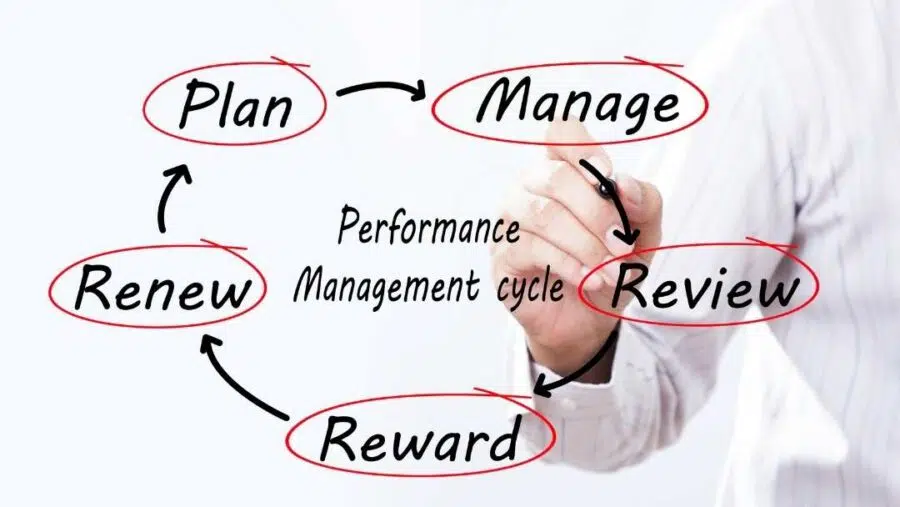
Navigating the complexities of Revenue Cycle Management (RCM) can be a daunting task for healthcare institutions. Companies looking to optimize their financial performance often turn to outsourcing revenue cycle management services. These services not only streamline operations but also ensure financial health in this rapidly evolving industry.
What is Revenue Cycle Management?
Understanding the intricacies of what is revenue cycle management is crucial. RCM encompasses the financial processes that involve managing claims, payments, and revenue generation. The importance of RCM cannot be overstated as it directly impacts an organization’s bottom line. Moreover, with the advent of RCM outsourcing, companies are capitalizing on specialized expertise without overburdening their staff.
Benefits of Revenue Cycle Management Services
Choosing to employ revenue cycle management services brings a plethora of benefits:
- Enhanced Efficiency: Utilizing the services of experts fosters a smoother workflow by reducing errors and accelerating claim processing.
- Cost Reduction: RCM services often help in cutting down operational costs by minimizing redundancies and identifying cost-saving opportunities.
- Focused Expertise: Professionals in RCM consulting provide in-depth analysis and strategies tailored to meet specific organizational needs.
Why Opt for RCM Outsourcing?
There are compelling reasons to consider RCM outsourcing for healthcare companies:
- Technology Integration: Companies utilize RCM practices to incorporate cutting-edge technologies and tools that streamline the revenue cycle.
- Scalability & Flexibility: Outsourcing allows businesses to scale their operations as needed, without committing to permanent staff augmentation.
- Compliance Assurance: These services ensure adherence to ever-changing regulations and reduce risks of non-compliance.
Companies Utilize RCM Practices and Their Benefits
Many organizations choose to integrate RCM practices for several advantages:
- Increased cash flow due to efficient claim processing.
- Reduction in overhead costs related to staff training and system updates.
- Improved patient and provider satisfaction through seamless service delivery.
Key Components of Revenue Cycle Management Consulting
To fully harness the power of outsourcing revenue cycle management, it’s essential to understand the key aspects involved:
- Assessment and Diagnosis: Conducting a thorough analysis of current financial processes to identify pain points.
- Strategy Development: Crafting tailored strategies that address specific challenges and goals.
- Implementation and Monitoring: Putting strategies into action and consistently monitoring to ensure goals are met.
The Future of Revenue Cycle Management
The evolution of RCM is inextricably linked to advancements in technology. From AI business ideas to innovative mobile app development, technology continues to impact RCM practices. By staying abreast of these changes, companies can significantly enhance their revenue processes.
Incorporating RCM into product development or website development projects enables businesses to streamline operations while providing innovative solutions to clients. This blend of technology and finance management ensures a competitive edge in a challenging market.
Conclusion
Optimizing RCM is pivotal for healthcare entities aiming for financial stability and growth. By exploring the benefits of outsourcing RCM services, organizations can leverage specialized expertise, reduce costs, and improve overall efficiency. This strategic shift not only enhances financial performance but also positions companies to adapt to future challenges. In a landscape marked by rapid change, the advantages of RCM outsourcing are compelling, ensuring businesses remain agile and proficient.
Frequently Asked Questions
What is revenue cycle management?
Revenue cycle management involves managing the financial processes associated with patient care, from scheduling and billing to payment collection, ensuring steady cash flow and minimized risk of errors.
Why consider outsourcing revenue cycle management?
Outsourcing RCM provides access to skilled professionals, utilizes advanced technology, reduces costs, and improves financial performance while allowing your in-house team to focus on core tasks
